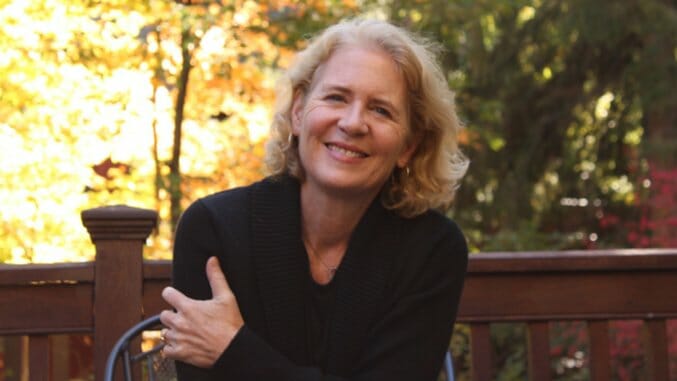Suzanne Berne Unveils Suburbia’s Darkness in The Dogs of Littlefield
Author Photo by Avery Kimmell
Suzanne Berne gradually replaces the charms of suburbia with darkness and disorder in her new novel, The Dogs of Littlefield. Celebrating its U.S. release today, the book explores the secrets behind the façade of manicured lawns and PTA meetings in the seemingly idyllic town of Littlefield, Massachusetts. But despite boasting the highest rate of psychologists per capita and a top-10 ranking in the best places to live in America, Littlefield’s illusion of peace is threatened when someone begins poisoning the town’s dogs.
Paste caught up with the Orange Prize-winning author to discuss the 19th-century novel that inspired her book, the challenge of creating an unheroic heroine and what she’s writing next.
![]()
-

-

-

-

-

-

-

-

-

-

-

-

-

-

-

-

-

-

-

-

-

-

-

-

-

-

-

-

-

-

-

-

-

-

-

-

-

-

-

-

 Paste: What sparked your imagination to write The Dogs of Littlefield?
Paste: What sparked your imagination to write The Dogs of Littlefield?






































